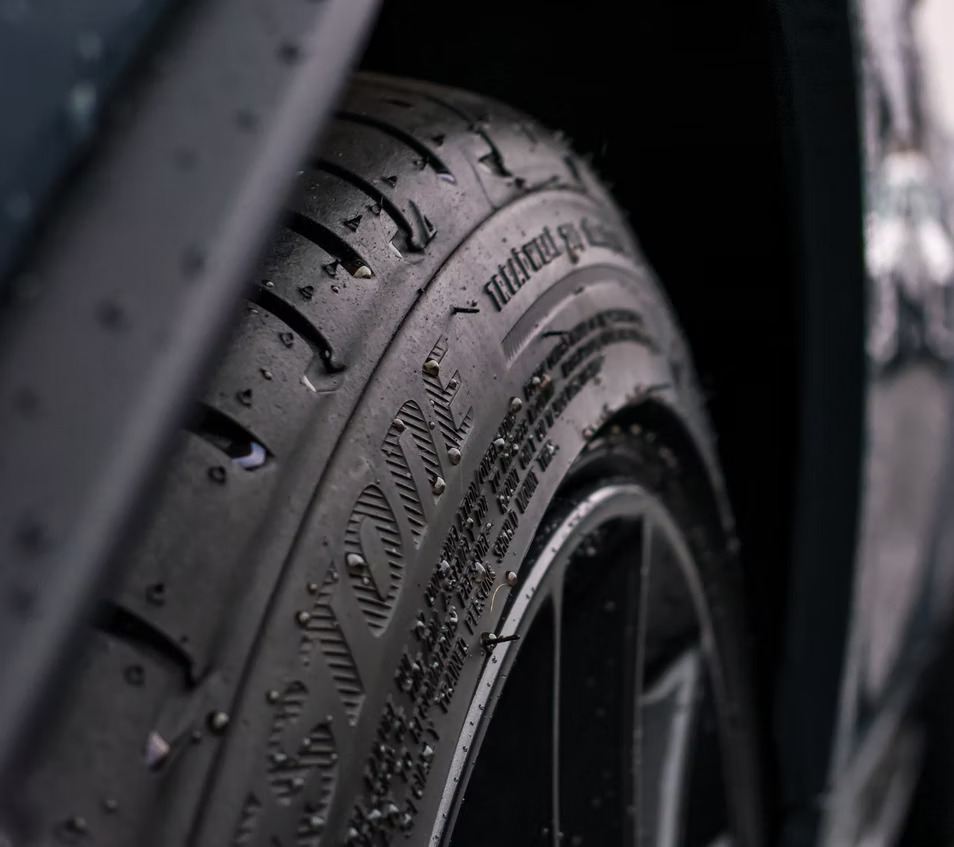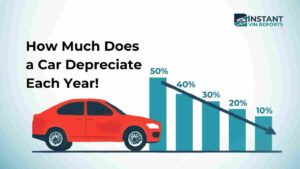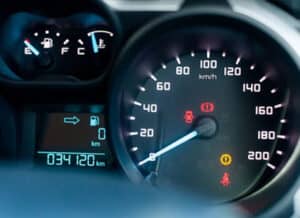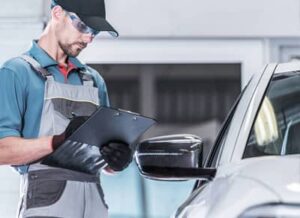Driving with tires that are worn out is very dangerous.
According to the National Transportation Safety Board, about 33,000 accidents happen annually due to tires with 2000 of these as blowout related.
Going by these figures you can see that driving with worn-out tires is a very bad idea.
In this article, we will be talking about what happens when you drive tires without tread and some ways you can detect when your tires are bad.
What happens when you drive tires without tread?
- It causes a high build up of heat: Driving creates friction between the tires and the surface of the road, which produces heat. When tires are worn out due to excessive friction, they produce more heat. When this happens it can cause blowout and might lead to an accident if the vehicle is not properly controlled. The materials used in making tires are such that they can withstand a high level of heat up to a certain temperature. When it becomes too hot, the treads in the tire will help cool down the temperature. When you drive tires without treads, you run the risk of overheating your tires and having a blowout.
- High risk of hydroplaning. Hydroplaning is a situation where water gets between the tires and the surface of the road. Most tires have tread patterns with deep grooves that keeps water away while allowing the tires to have a firm grip on the road. When the tread is worn out, the grooves become shallow and the tires lose their grip on the road especially in wet conditions.
- Dangerous driving in snow or ice. Another dangerous consequence of driving tires without tread is that it can make it very difficult to handle on ice and snow covered roads. Many winter tires contain “spies” which are small, thin grooves cut into the edge of your tire. These help by improving the grip and traction of your tires on the surface of the road. As your tires become worn out so do the spies and this can be very dangerous if you have to drive in snow or ice covered roads.
- Loss of air pressure. Tires with worn out tread tend to lose air pressure faster than tires with good treads. When this happens, such tires become under-inflated which makes them very difficult to drive. under-inflated tires do not grip the road properly especially in wet conditions and can be very difficult to steer.
- Increase in repair and maintenance costs. Driving a car with worn out tires can greatly increase the repair and maintenance costs. In the event that you have an accident while driving, the cost of fixing the damage is going to increase. You definitely want to be proactive and replace faulty tires before it causes more damage to your vehicle.
How to tell if your tires are bad
The following ways are simple signs to spot when/if your car tires are worn out.
- Loud noise. The simplest way to detect if you have worn out tires is the noise that it makes. The tires will start to make a humming sound. This means that there is a bad tread which might be caused by lack of rotation or failing components.
- The car will wobble. Wobbling of your vehicle when driving is a sure sign that something is wrong with your tires. When you are driving at low speeds and you notice your car moving from side to side, then the treads are definitely bad and the tires need tobe replaced.
- Vibration. There may be times when tire tread develops a defect that cannot be balanced out. This can be caused by a small separation of the steel and polyester bands inside a tire. At this point, it may feel like your tire is out of balance. Yet, no matter how many times you balance your tire, the problem will persist. You cannot repair your tire when this happens. Instead, you’ll need to have your defective tire replaced.
Conclusion
Driving a car with worn out tires is very dangerous. Doing otherwise is putting yourself at serious risk.
If you detect a worn out tire, you want to replace them as soon as possible. If you ever plan on buying a used vehicle, one thing you need to check is the tire quality.
By simply decoding the VIN, you can get the vehicle specifications and see the recommended tires specifications issued by the manufacturer.











